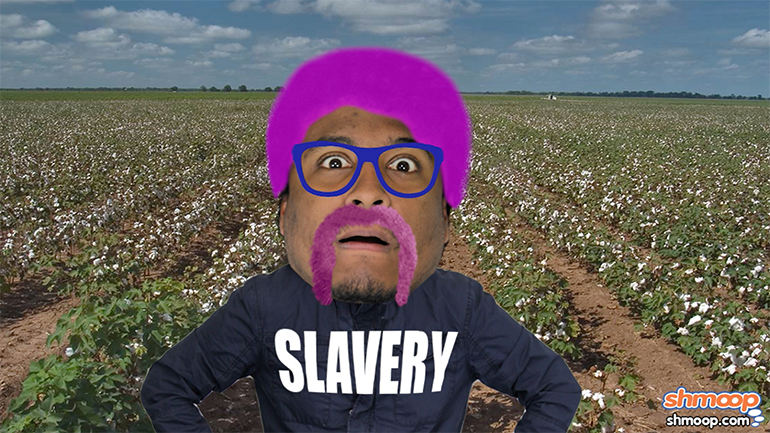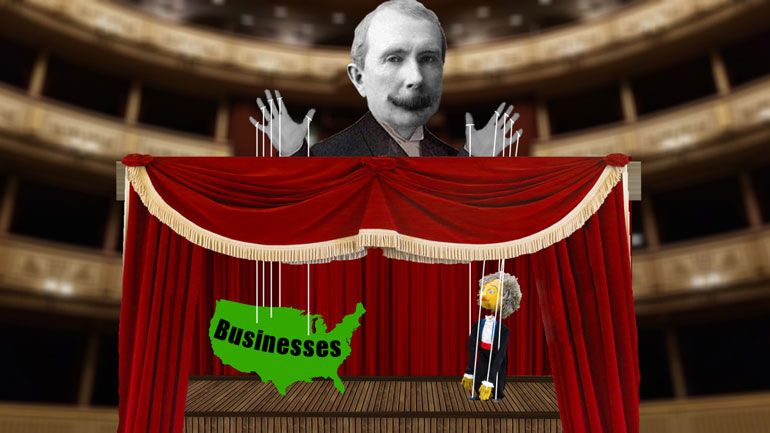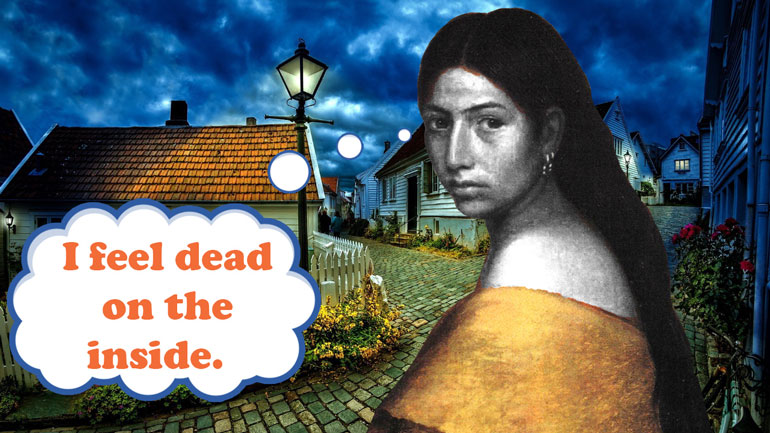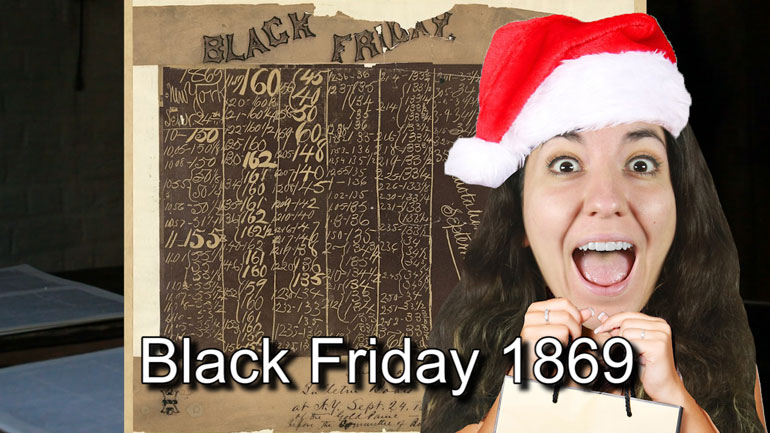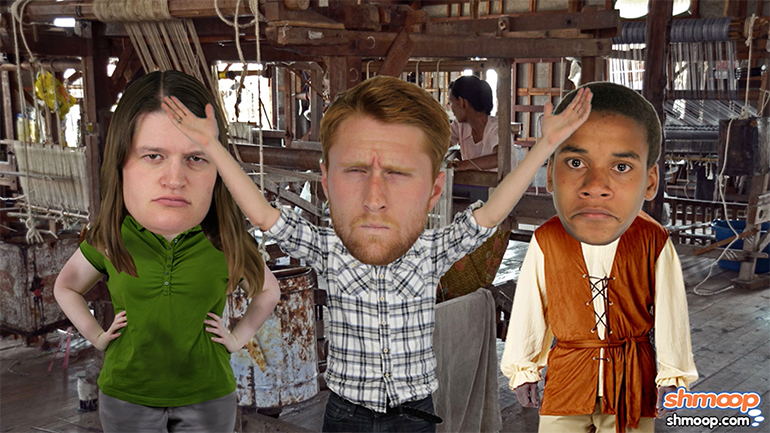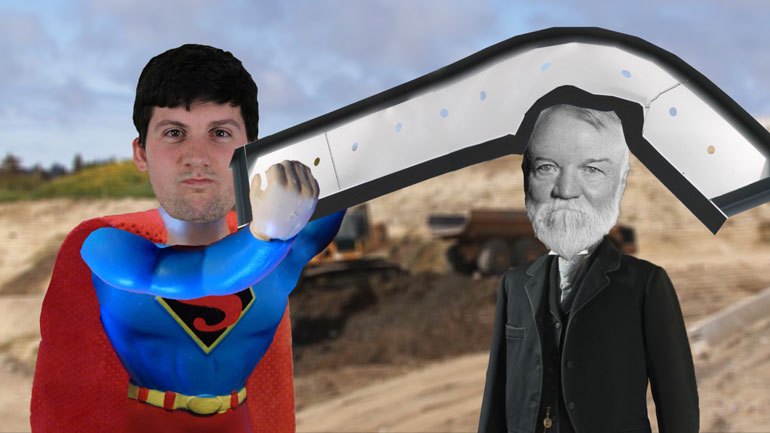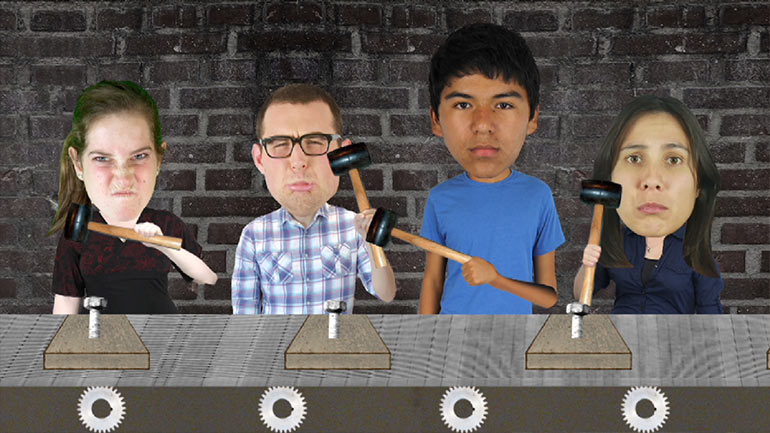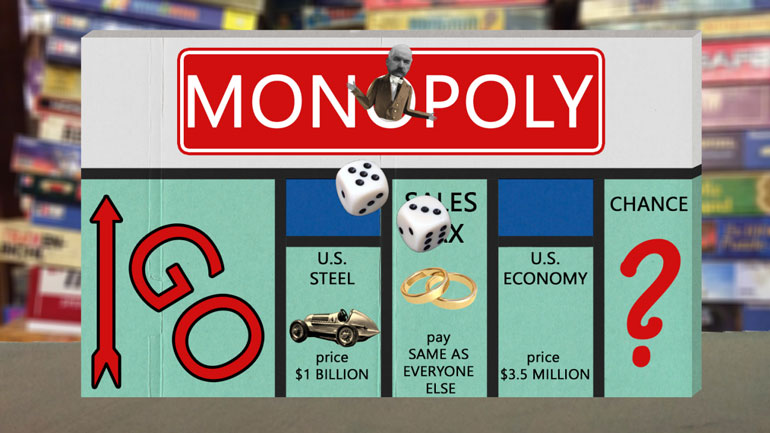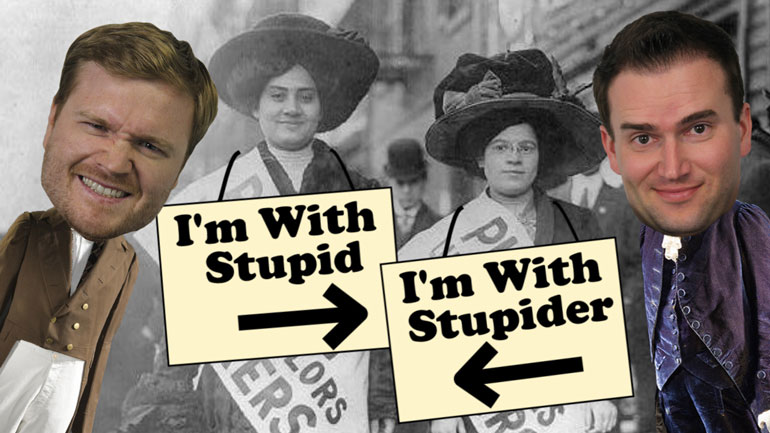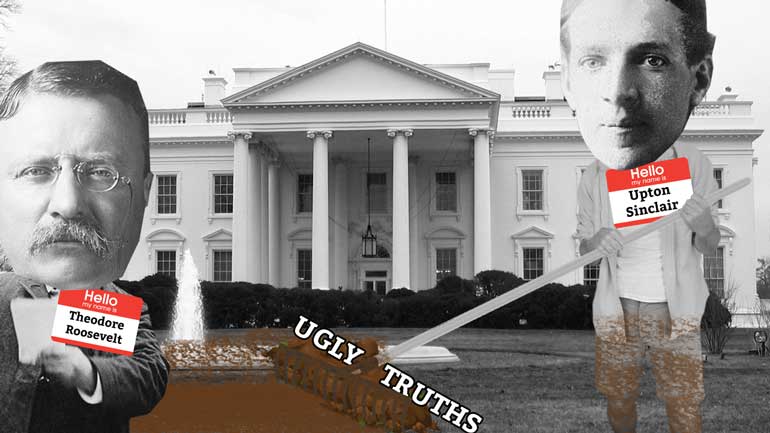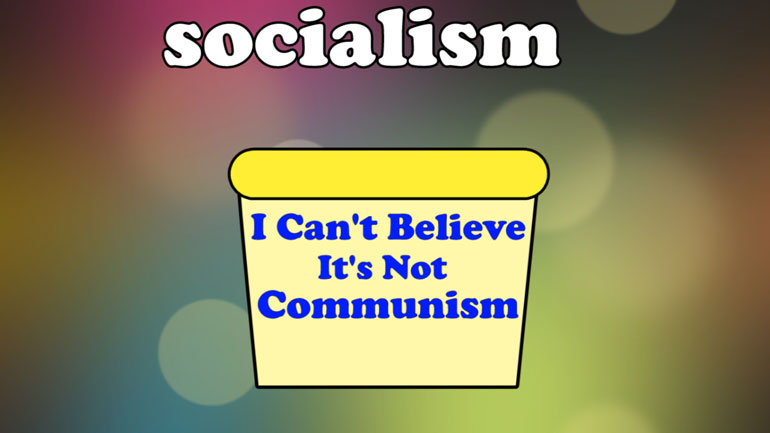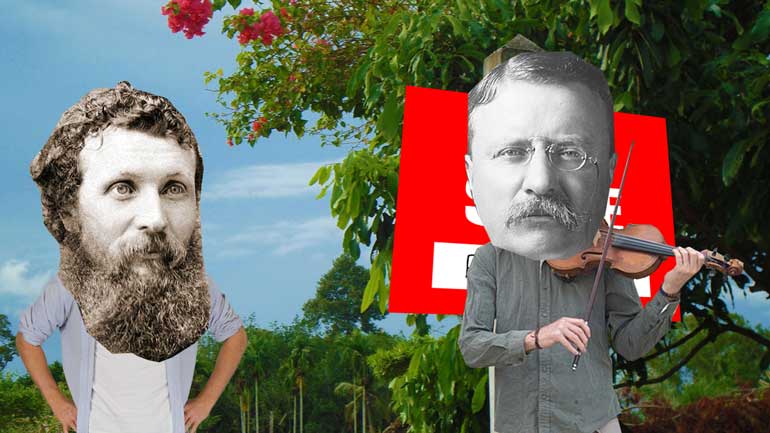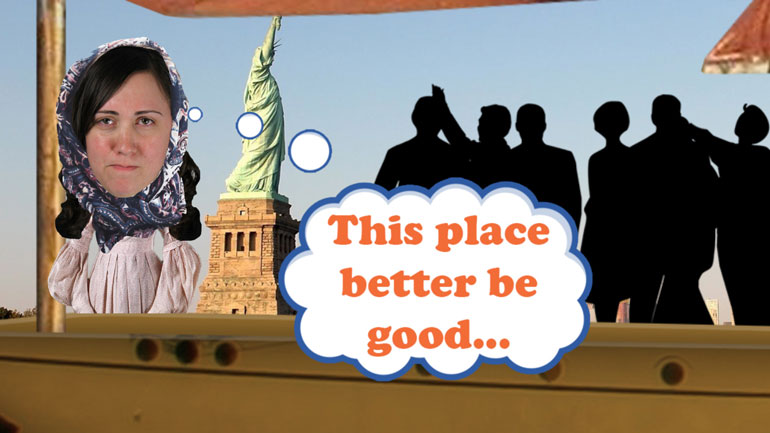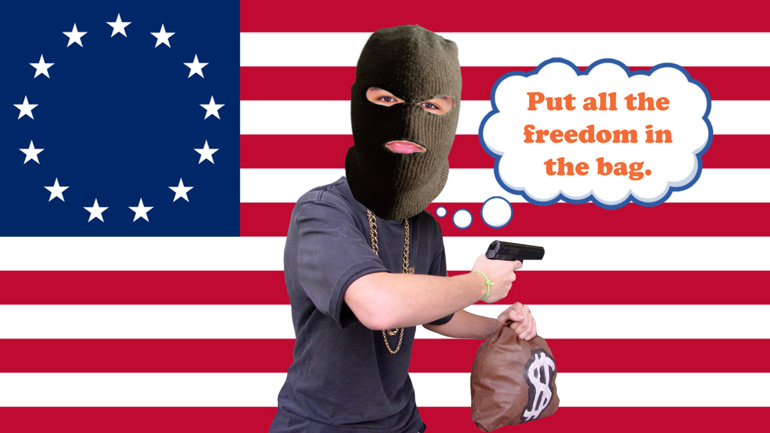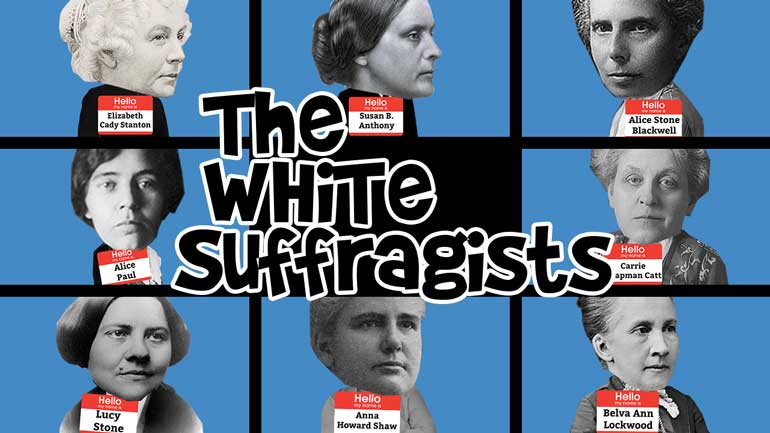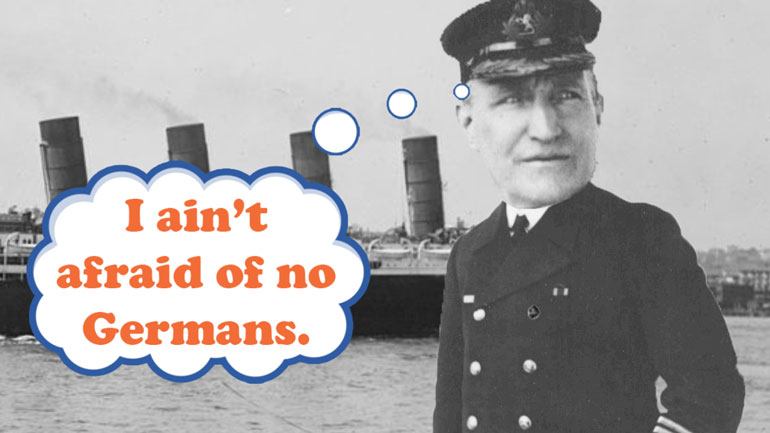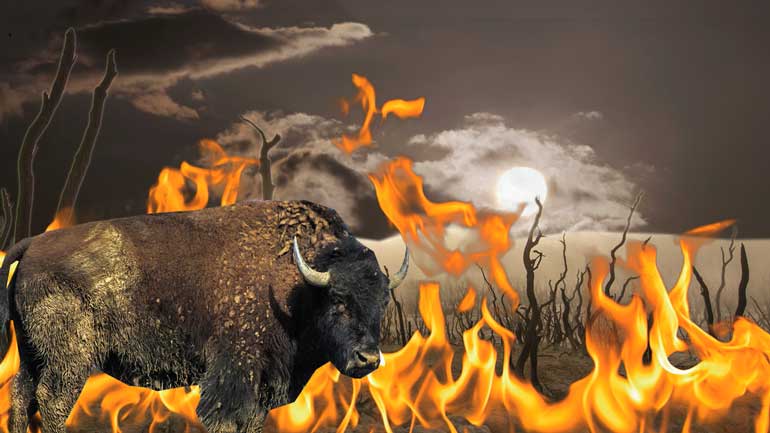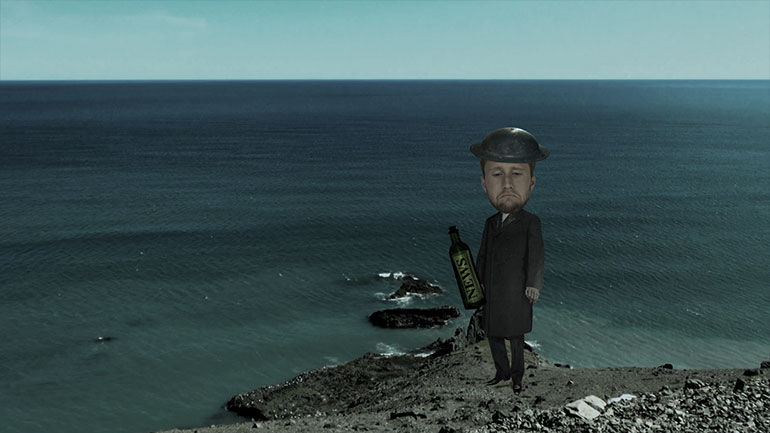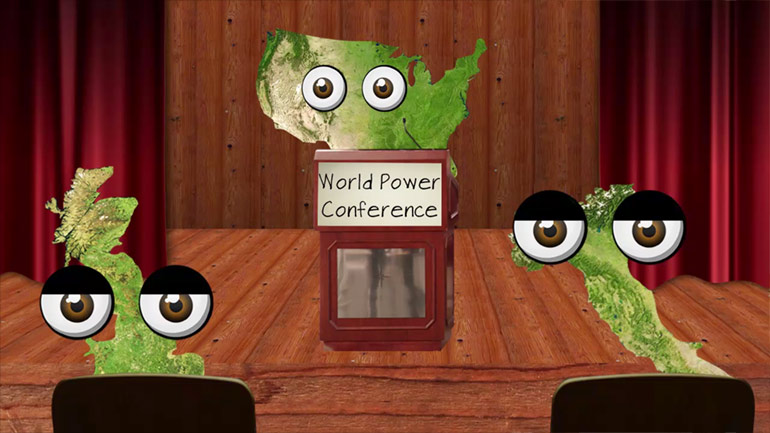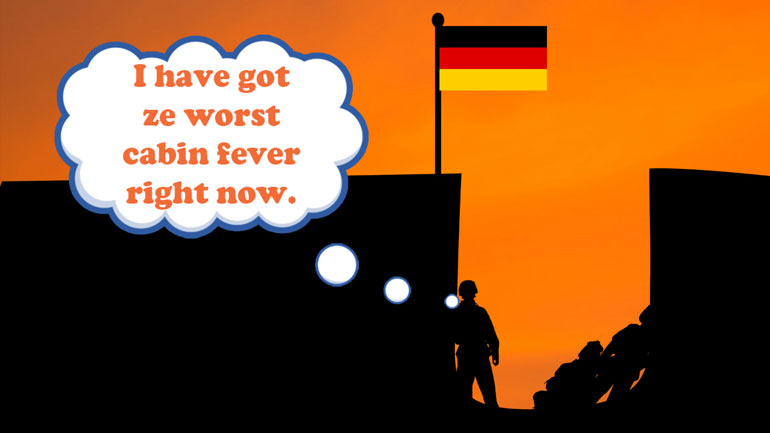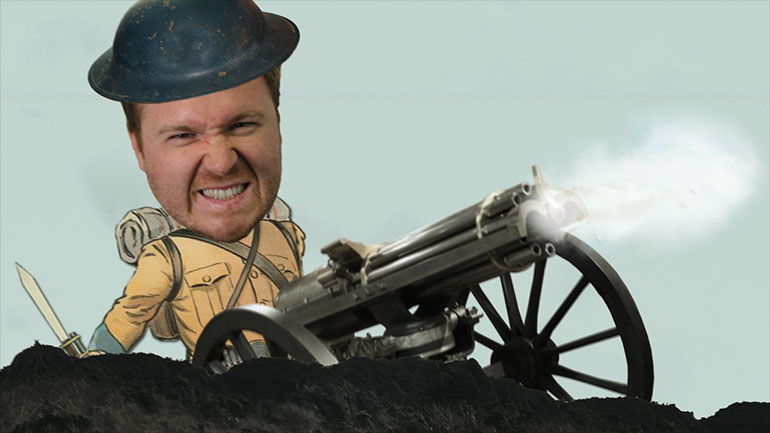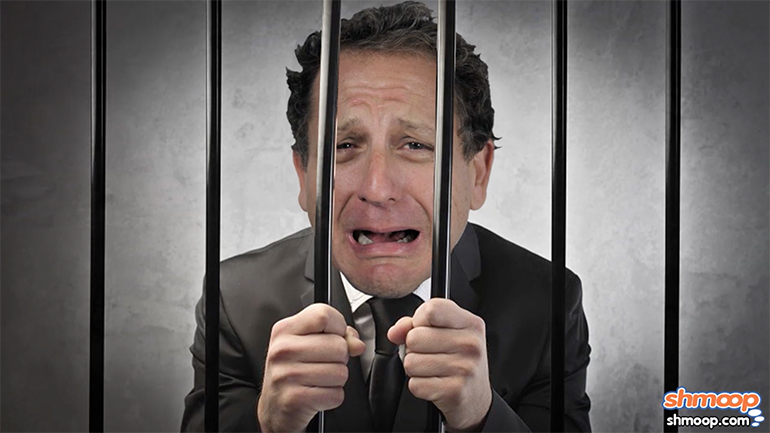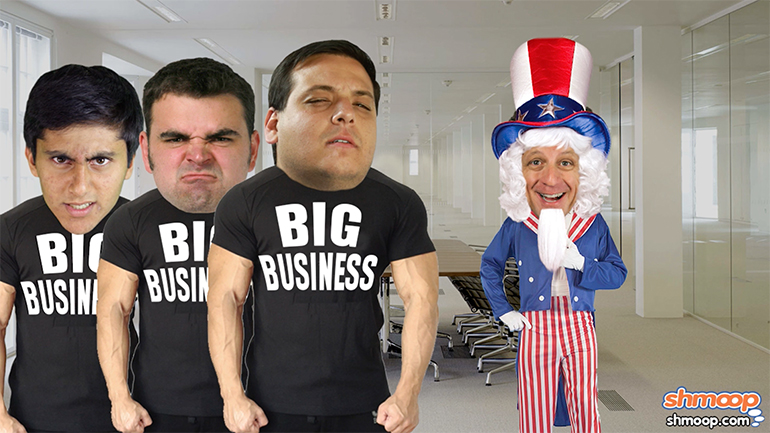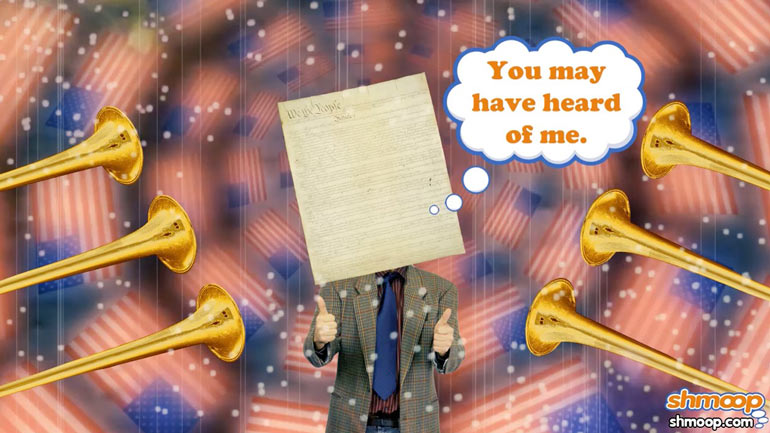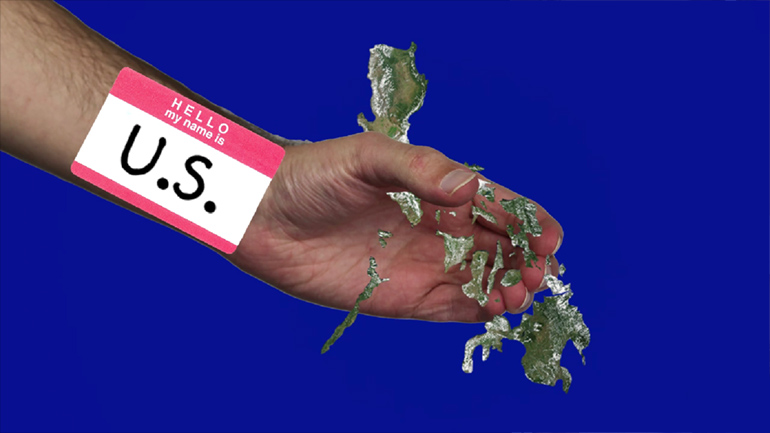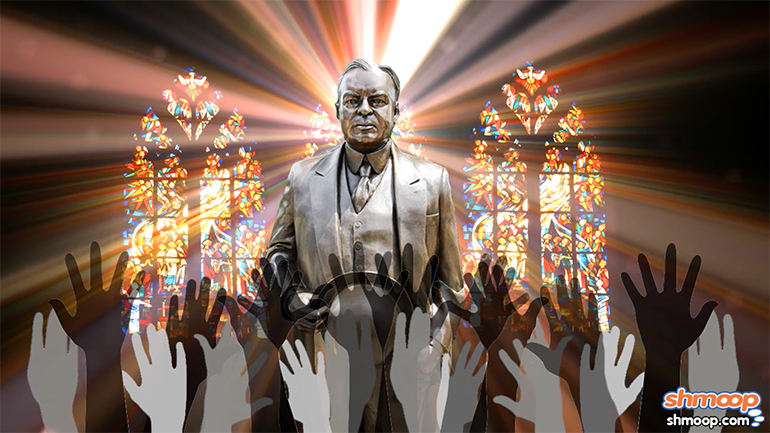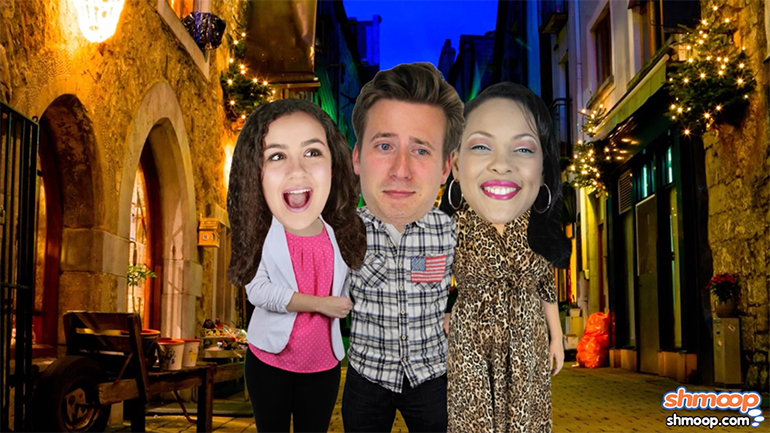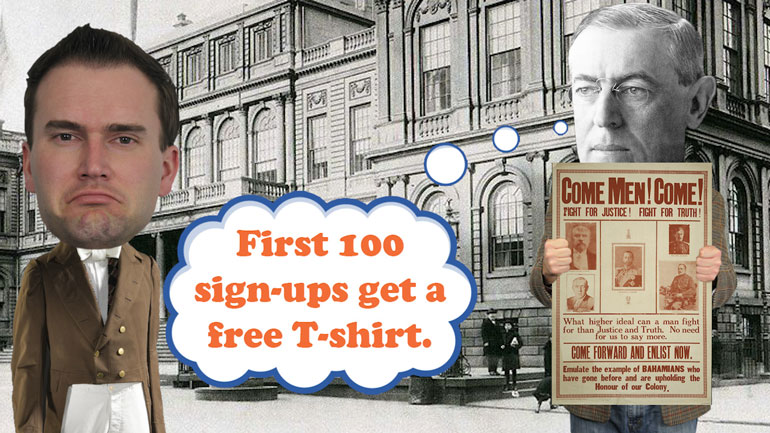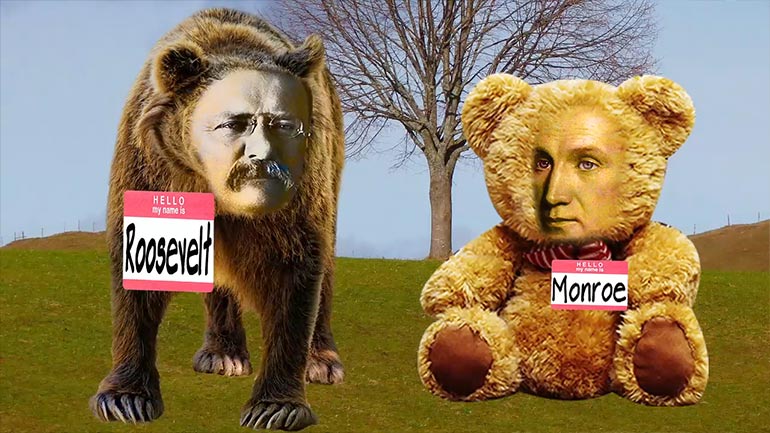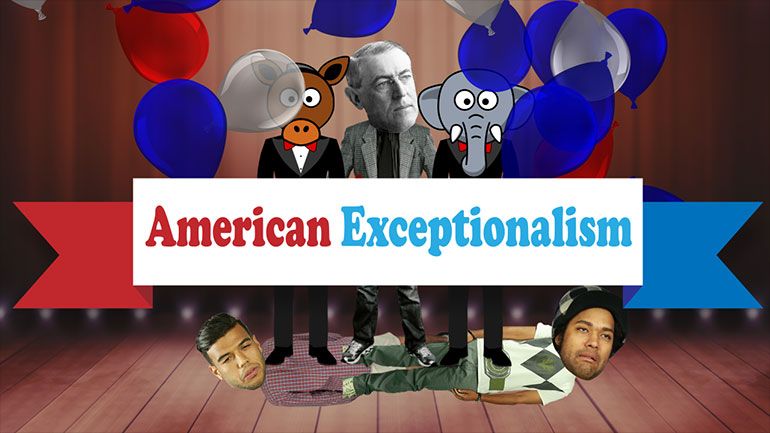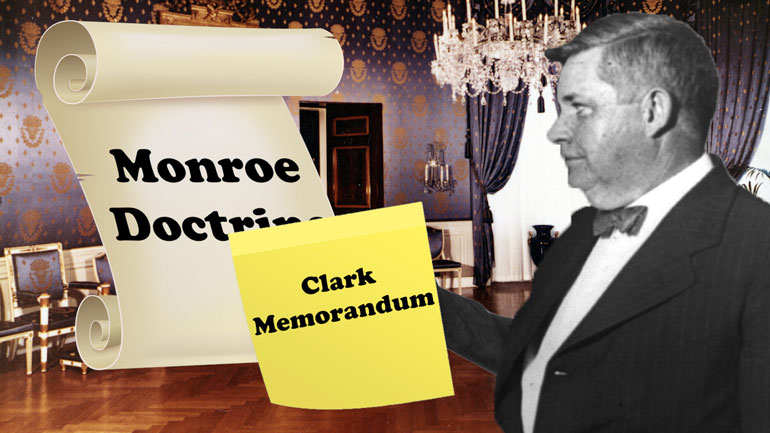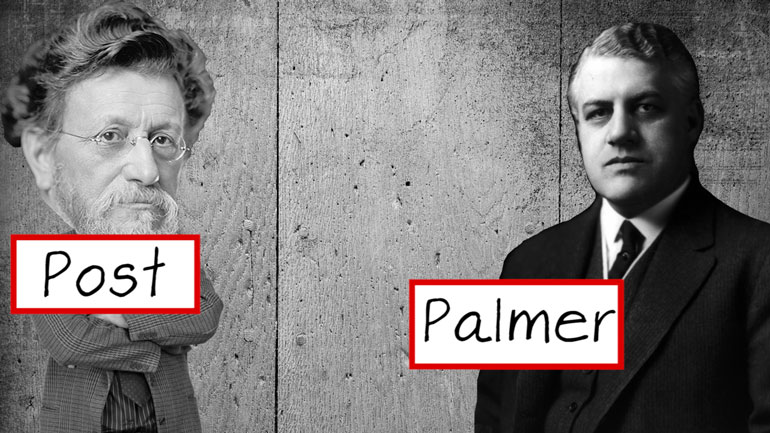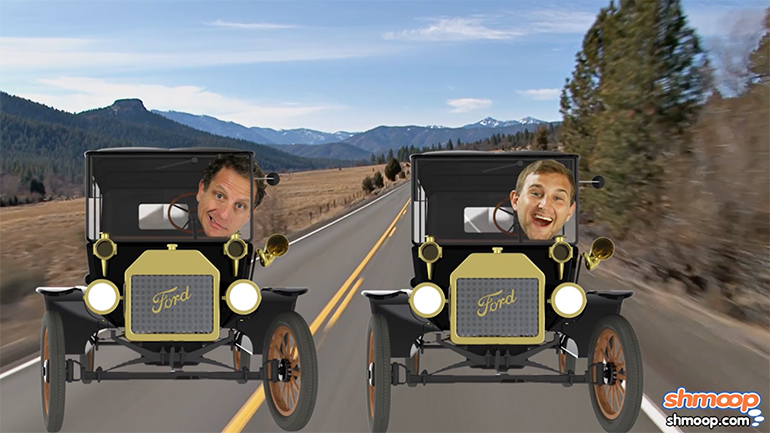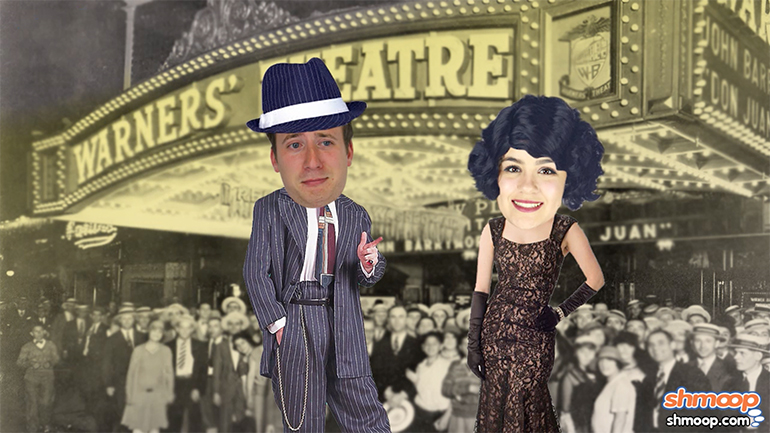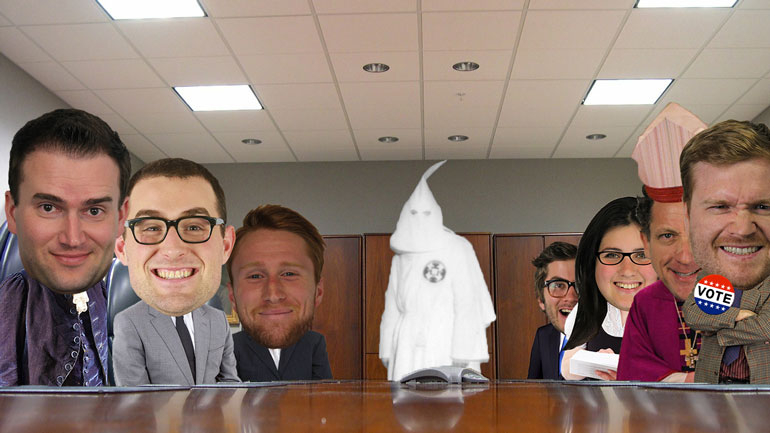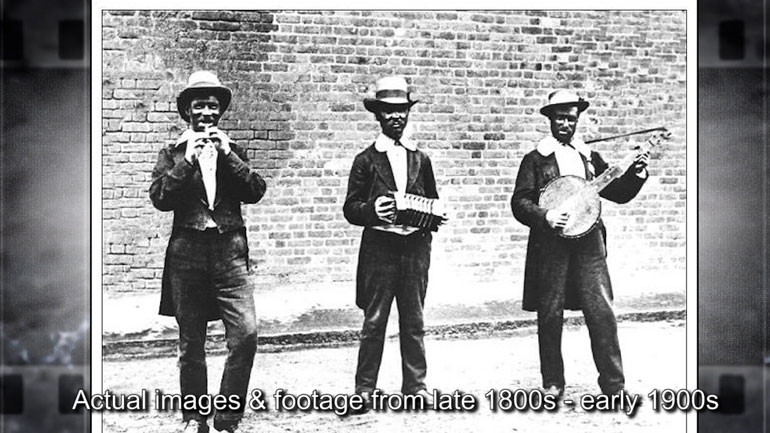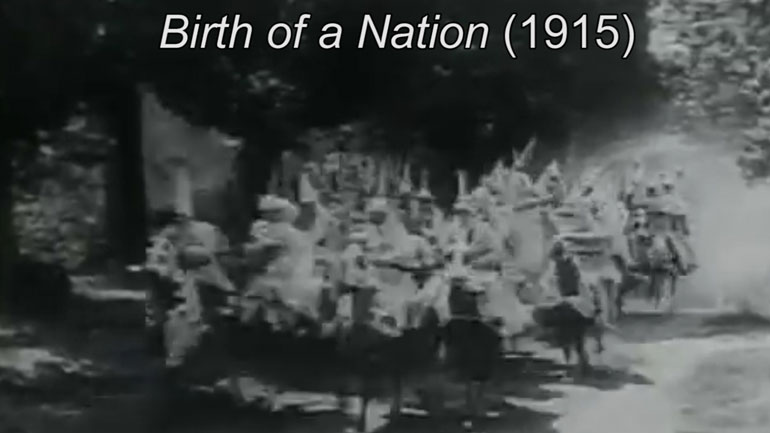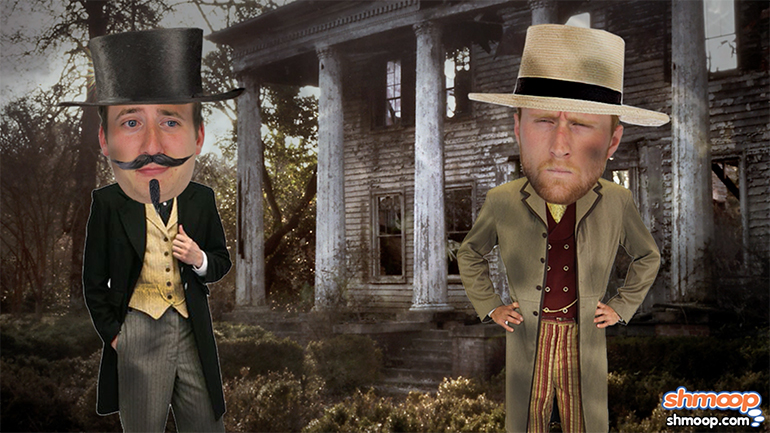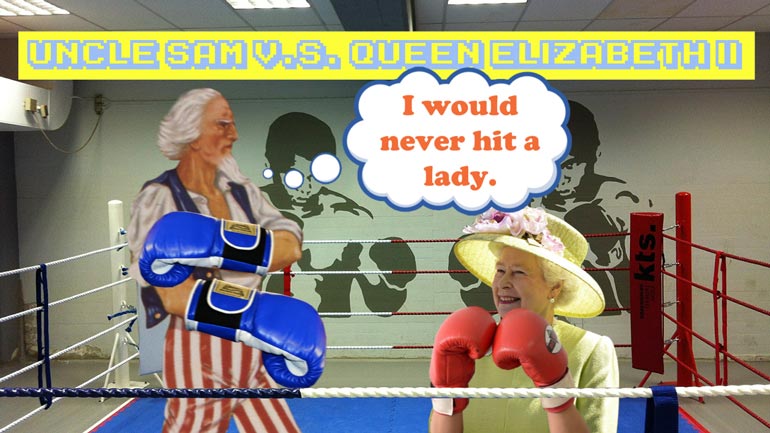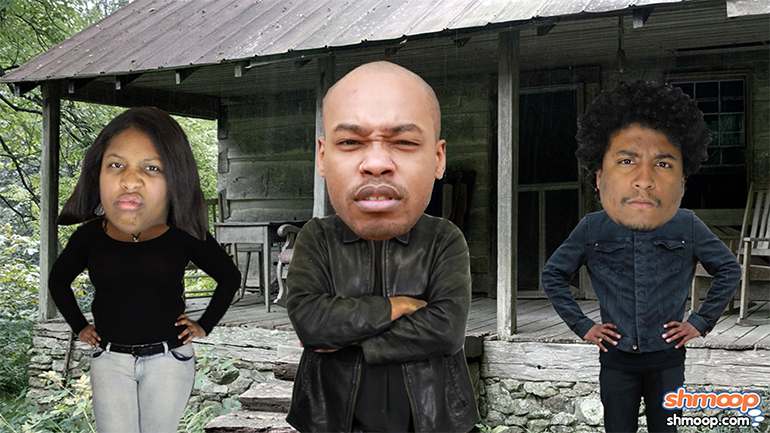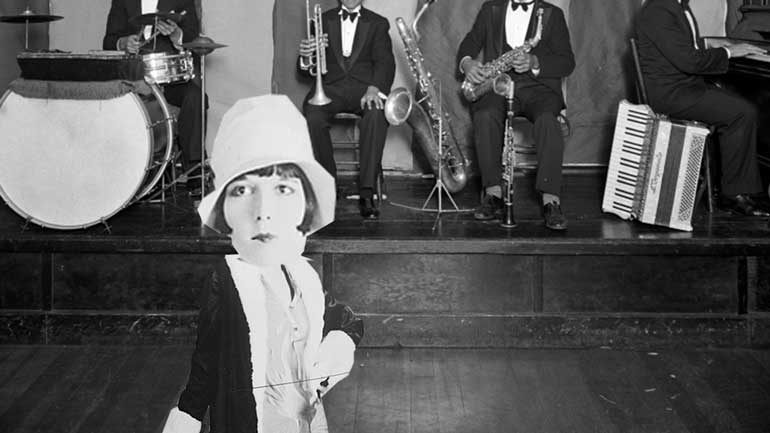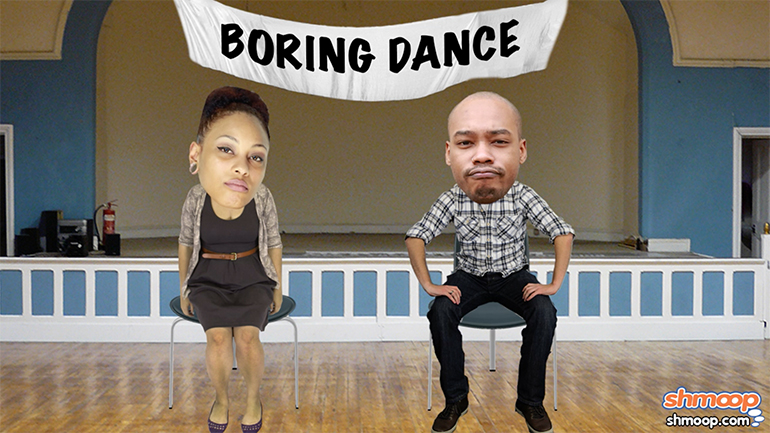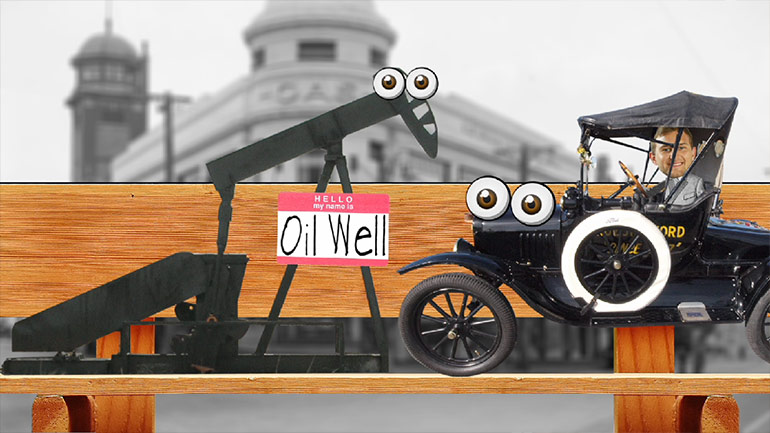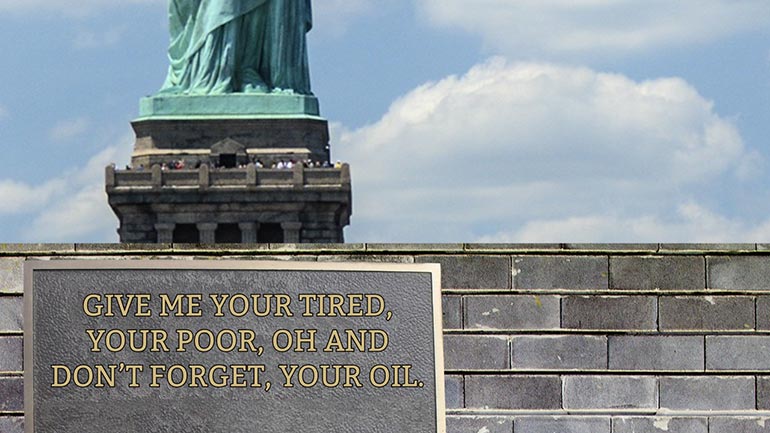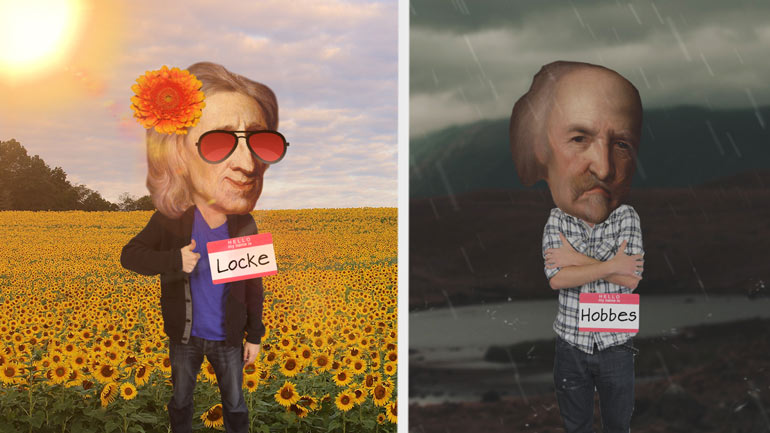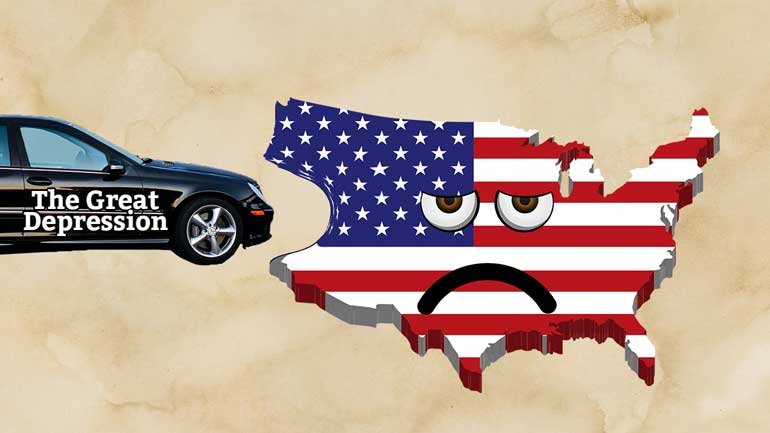ShmoopTube
Where Monty Python meets your 10th grade teacher.
Search Thousands of Shmoop Videos
U.S. History 1877-Present Videos 173 videos
John D. Rockefeller. Greasy robber baron, or philanthropic saint? Why not both? Boy, that's a weird combination...
Today we'll learn about plans to assimilate the American Indian population after reconstruction. If you've ever seen Star Trek, you'll know that fo...
U.S. History 1877-Present 11: Reconstruction and Black Codes 6415 Views
Share It!
Description:
Have you ever told one of your siblings to stop poking you, only to have them do something like hold their hand right in front of your face instead? Sure it's not poking, but it's getting to the same point. Annoying you. That's basically what the South did with the Black Codes. They weren't technically slavery...but they had nearly all of the same effects.
Transcript
- 00:00
During Reconstruction, slavery was gone, black Americans were
- 00:07
gaining all kinds of new rights and the South was full of rainbows and unicorns.
- 00:12
Yeah not so much, something more sinister was lurking [Unicorn flying over a rainbow falls out the sky]
- 00:15
under the surface of things. Many southern land owners, were none too pleased, with
- 00:19
the fact that they had lost their precious slaves. Enter the Black Codes, [Man in a top hat looking unhappy]
Full Transcript
- 00:24
first passed by Mississippi and South Carolina in 1865. They were basically
- 00:30
policies that walked a lot like slavery and talked a lot like slavery, but [man sweeping while two people look on]
- 00:34
weren't technically slavery. The Black Codes included policies like, making
- 00:39
black workers stay until the end of their contract, or risk losing all of
- 00:43
their wages, or making up about a million and a half ways to label black people, as [Guy looking upset]
- 00:48
criminals, so they could be put back into forced labor. Yep, turns out that forced
- 00:53
labor thing, was a massive loophole in the 13th amendment. Basically slavery got
- 00:57
its hair cut and dyed, grew a mustache, put on some glasses and changed its name [man changing his appearance]
- 01:02
to Black Codes. Well Mississippi and South Carolina were only the first. In 1865 and
- 01:08
1866 almost all the other southern states, decided to be copycats. Why is it [Cats appear with the names of the other states]
- 01:13
that bad ideas always seem to be spread the fastest. Well different states, of
- 01:17
course, found different ways to be jerks to black people. But there were certain
- 01:20
types of laws that everybody thought were just swell. For example vagrancy and [Man hitting a black guy with a baseball bat]
- 01:25
labor contract laws, were a major hit. Any black person who broke their labor
- 01:30
contract, or was just too noticeably free in public, would be in some serious [man behind bars]
- 01:35
trouble. They could be beaten, arrested and forced into unpaid labor. Unpaid
- 01:40
labor? Seems like, we know another word for that. What is it? What is it? Oh yah,
- 01:44
slavery. And guess who was in charge of enforcing these laws?
- 01:48
Yeah the Popo, the fuzz, the coppers, the bobbies and you can bet they were all [cops policing]
- 01:53
white. Republicans in Congress passed the Civil Rights Act, without Johnson's
- 01:57
approval. They required the South to ratify the 14th amendment, with the
- 02:01
reconstruction Act of 1867. The 14th amendment took the content of the Civil [Act being written]
- 02:05
Rights Act, which guaranteed equal rights and made it really permanent, by putting
- 02:09
it in the Constitution. Then the real zinger came with the 15th amendment of
- 02:13
1870. Which said no state government could prevent black people from voting.
- 02:18
We're looking at you South Carolina. But white supremacist in the South, weren't [two mean beating each other with bags of dirt]
- 02:23
about to get beaten, that easily. They had already passed Black Codes, so
- 02:27
they could have slavery, without the label. So well, why would they stop now?
- 02:31
Enter the Ku Klux Klan, aka the KKK. Wow a lot of K's. They were violent, they were
- 02:37
white supremacist and they had a thing for setting crosses on fire. [Video of a KKK meeting]
- 02:41
Well the KKK used vigilante tactics, to prevent freed people from taking
- 02:45
advantage of their new rights. Sadly the guys in the pointy white hoods,
- 02:49
were super effective. When all federal troops were finally removed from the [civil war troops moving across US map]
- 02:53
south in 1877, little had changed in the lives of African Americans. The road to
- 02:59
true equality was going to be long and treacherous and unfortunately burning [Car driving through burning crosses]
- 03:03
crosses lit the way. What does the cross ever do to you KKK? [KKK meeting]
Related Videos
Ever heard of a "living document"? They eat and breathe just like the rest of us! They even walk around on their own two legs. Okay, fine—maybe t...
If the Puritans had gotten their way, religion would play a much larger role in lawmaking these days. Want to know more? Watch the video for all th...
What happened between the creation of the Articles of Confederation and the ratification of the current U.S. Constitution? This video analyzes the...
The Modernists thought the world had a lot of problems, and they were intent on fixing them—or at least talking about fixing them. Unfortunately,...
This video explains Federalism and the quest for a fair balance between state and national power. It covers the progression and compromises of Fede...
